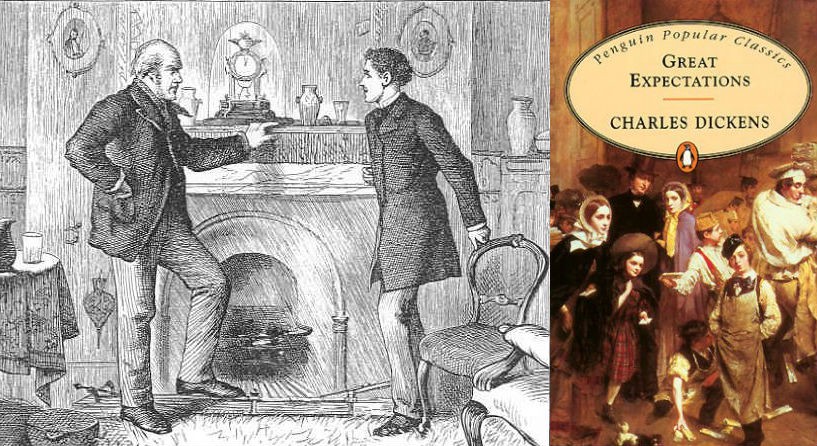Advice
The Blunt Instrument: What Is Fiction For?

The Blunt Instrument is a monthly advice column for writers. If you need tough advice for a writing problem, send your question to blunt@electricliterature.com.
This month, she responds to two questions about the aesthetic/philosophical purpose of fiction.
Dear Blunt Instrument,
Sometimes first novels are like, on the one hand, the writing is really good
— Elisa Gabbert (@egabbert) December 7, 2015
But on the other, you can tell this person just wanted to write a novel — Elisa Gabbert (@egabbert) December 7, 2015
They’re full of a perfunctory “novelness”
— Elisa Gabbert (@egabbert) December 7, 2015
Please elaborate on what perfunctory “novelness” is.
@postitbreakup
Hi Postit,
I’m sure you’ve heard the idea that “literary fiction” is just another genre, like science fiction or romance, as opposed to, as some would have it, “better fiction.” Let’s just say for the sake of argument that it is — what features distinguish literary fiction from other genres? Often people say that literary fiction foregrounds language over plot, but that’s not always the case. (For example, I don’t think of Kazuo Ishiguro’s writing as particularly “languagey.”) To my mind, one of the main reasons we call something “literary” is because you can talk about what it’s “about” without recounting the plot.
What I meant by the above tweets was that first novels often have an overabundance of “aboutness.” In other words, they are straining too much towards the “literary”; the theme is more salient than any other element of the novel. You know when people say of a book, “The setting is almost another character”? I dislike this formulation, but the point is clear: The setting looms large. In these extra-novel-y novels I’m talking about, the theme looms large. Too large.
Teju Cole once said, “A good novel shouldn’t have a point.” His own novel Open City illustrates this beautifully — I can’t boil it down to one or two abstractions; it’s about too many things. In the past couple of years I’ve read a few novels (or started and abandoned, as the case may be) that felt very top-down in their construction, as though the author decided what the point of the book was first, and then wrote it. I don’t care if authors do this, but as a reader, I want to feel like I’m discovering what the book is about as I read it; I don’t want to know from page one (or worse, sooner — sometimes all the blurbs and epigraphs make it clear what a book is about before you even start it).
In his review of Fates & Furies by Lauren Groff, James Wood wrote, “I’m unafraid to host a big spoiler party — a novel that can be truly ‘spoiled’ by the summary of its plot is a novel that was already spoiled by that plot.” I don’t love knowing the plot of a novel ahead of time, but in terms of “spoiler alerts,” I’d rather know the plot than all the themes. And if every blurber and reviewer is able to pinpoint the same one or two themes and package it up for you, the novel probably isn’t as interesting or complex as it should be.
*
Dear Blunt Instrument,
I was down in New Orleans recently talking with a writer friend. She writes short stories. When I asked her what a story should do, she told me: a story should entertain, either that, or give your reader a punch in a soft little place. Do you think it’s more important to entertain your reader or to punch them?
Thanks.
Best,
Jacob
Hi Jacob,
You’re asking a pretty big question here: Essentially, what is fiction for? And while we’re at it, what is art for?
In a nutshell, I think the purpose of art is to make meaning. That leaves room for lots of different kinds of fiction to make different kinds of meaning. If you ask me (you did), the best art makes more than one kind of meaning. So there is no need to limit a story’s purpose to either “entertainment” or “punching.”
But let’s unpack those terms a little bit. We tend to equate entertainment with amusement: just a little light-hearted fun. But “entertain” also means to hold or maintain (as in the phrase “entertain the idea”) — and if a story holds your attention, it’s entertaining you, even if it’s not TV-fun. Entertainment can be highly intellectual or emotionally harrowing.
Your friend’s remark about “punching the reader in a soft little place” (this phrasing, incidentally, makes me squeamish; “soft little place” is hitting me the way “moist” hits others) seems to speak to something else. They’re suggesting that a story should hurt in some way, perhaps making you sad or shocking you out of complacency. This reminds me of the idea that art should “comfort the disturbed and disturb the comfortable.” This quote has never felt quite right to me, in part because it assumes a neat binary between who is disturbed and who is comfortable, in part because it oversimplifies the complex experience of art. (Interestingly, the quote was originally about newspapers, not art.)
I am often entertained by art without being comforted. Art can be both funny and disturbing. In short, neither writers nor readers have to choose. Stories can do anything they want, and should try to do as much as they can.
— The Blunt Instrument








